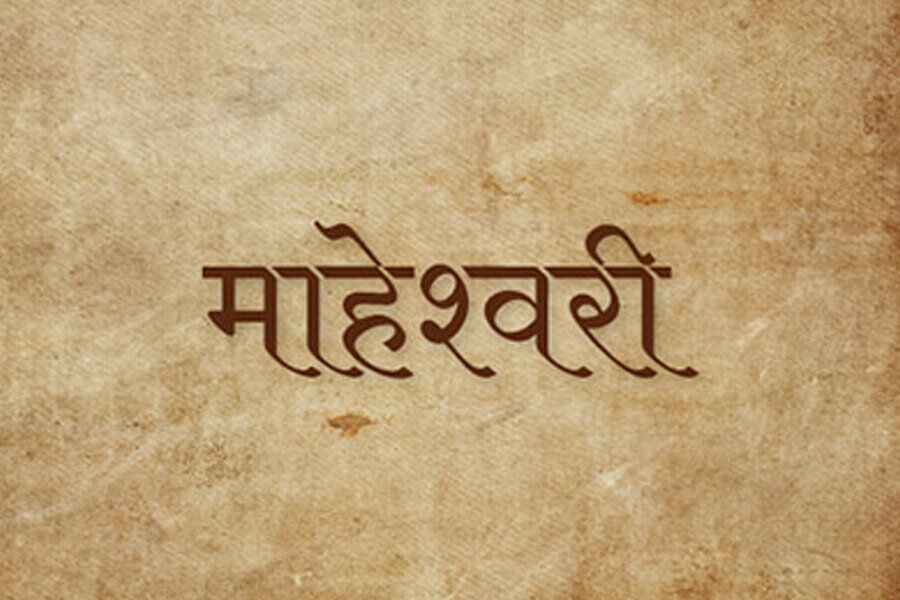The Metaphor of Deepavali
Deepavali, or Diwali as commonly known, will be celebrated on the 12th of November this year. What is the inner, or spiritual, significance of Diwali in Sanatan Dharma? An excerpt from Partho's latest book.

Our homage to the Divine Mother for this Navaratri
Imperial MAHESHWARI is seated in the wideness above the thinking mind and will and sublimates and greatens them into wisdom and largeness or floods with a splendour beyond them. For she is the mighty and wise One who opens us to the supramental infinities and the cosmic vastness, to the grandeur of the supreme Light, to a treasure-house of miraculous knowledge, to the measureless movement of the Mother’s eternal forces. Tranquil is she and wonderful, great and calm for ever. Nothing can move her because all wisdom is in her; nothing is hidden from her that she chooses to know; she comprehends all things and all beings and their nature and what moves them and the law of the world and its times and how all was and is and must be.
A strength is in her that meets everything and masters and none can prevail in the end against her vast intangible wisdom and high tranquil power. Equal, patient and unalterable in her will she deals with men according to their nature and with things and happenings according to their force and the truth that is in them. Partiality she has none, but she follows the decrees of the Supreme and some she raises up and some she casts down or puts away from her into the darkness.
To the wise she gives a greater and more luminous wisdom; those that have vision she admits to her counsels; on the hostile she imposes the consequence of their hostility; the ignorant and foolish she leads according to their blindness. In each man she answers and handles the different elements of his nature according to their need and their urge and the return they call for, puts on them the required pressure or leaves them to their cherished liberty to prosper in the ways of the Ignorance or to perish. For she is above all, bound by nothing, attached to nothing in the universe. Yet has she more than any other the heart of the universal Mother. For her compassion is endless and inexhaustible; all are to her eyes her children and portions of the One, even the Asura and Rakshasa and Pisacha and those that are revolted and hostile. Even her rejections are only a postponement, even her punishments are a grace. But her compassion does not blind her wisdom or turn her action from the course decreed; for the Truth of things is her one concern, knowledge her centre of power and to build our soul and our nature into the divine Truth her mission and her labour.
Extracted from Sri Aurobindo’s book, The Mother, in which he describes the nature, character and role of the Divine Mother. This book was written in the 1930s to his direct disciples living with him in his ashram.
The paragraph format has been slightly altered by the editors for convenience of reading. — Ed .
Seer, poet and writer, unarguably one of the profoundest influencers of human thought and civilization in the last century, Sri Aurobindo is widely known and revered as a Maharishi and Mahayogi. He left his body in Pondicherry on December 5, 1950.
Deepavali, or Diwali as commonly known, will be celebrated on the 12th of November this year. What is the inner, or spiritual, significance of Diwali in Sanatan Dharma? An excerpt from Partho's latest book.
The first of a four part series on Vedanta from Swami Vivekananda’s famous ‘Calcutta address on Vedanta’ delivered in Calcutta on January 19, 1897. This talk marks a significant moment in Swamiji’s life and is considered one of his most important speeches on Vedanta, where he explains some significant aspects of Sanatan Dharma
A series of conversations on Sanatan Dharma and Vedanta between our editors, Dr Singh and Partho. This is the first conversation in the series, describing the initial process of Vedanta

